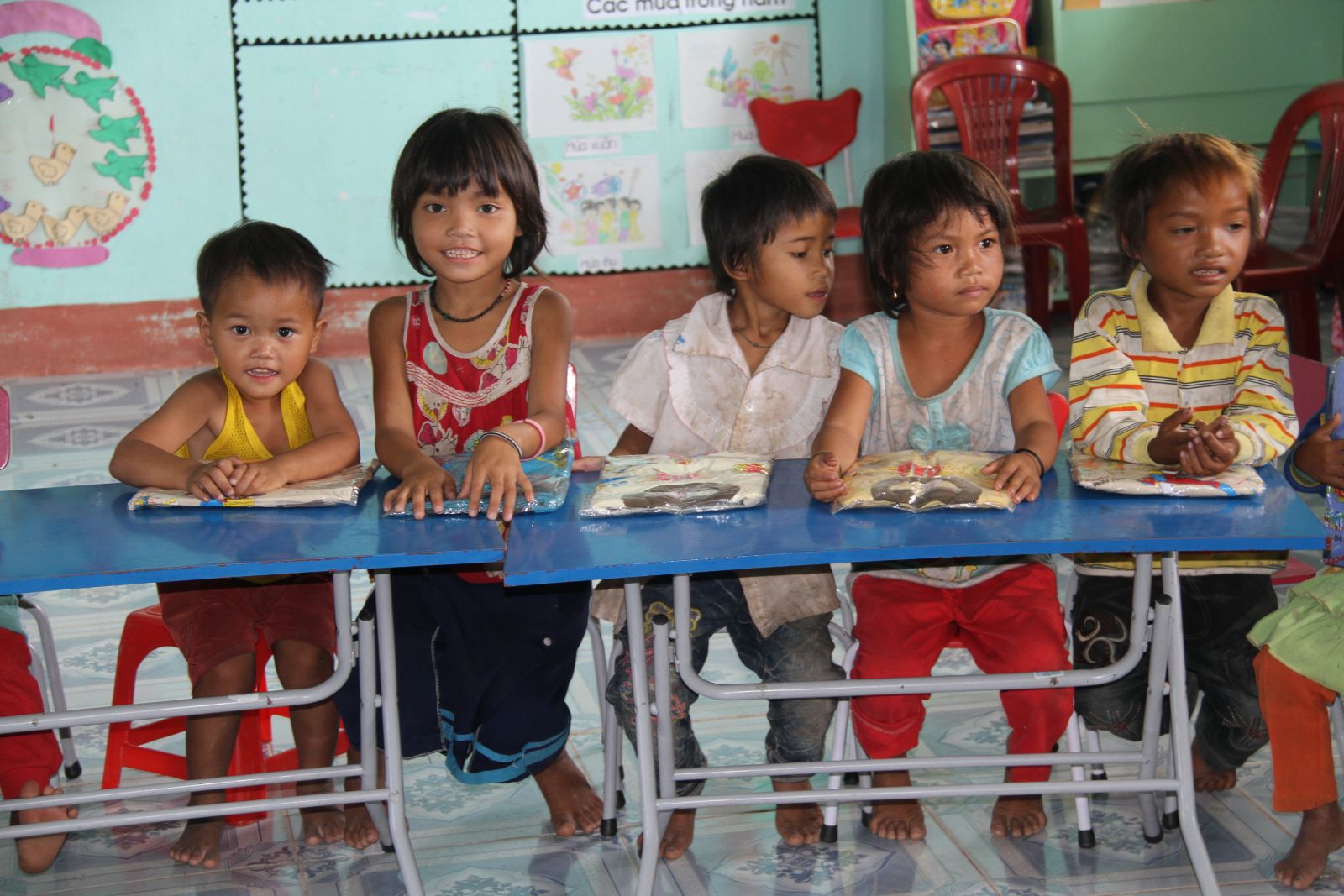Projects
%5B1%5D.jpg)
Clearance
The NGO'S Imprint Solutions works with are actively conducting planned ERW clearance throughout South East Asia. This clearance is predominantly all manual and hugely labour intensive. New mine fields and ERW locations are being discovered weekly (usually by tragic accident). The teams are not only required to clear these contaminated areas, they also have to map the locations of the located ERW which is then provided to the Government Mine Action Authorities.
The NGO'S also provide Rapid Response Units which are ready to be deployed at any time of day to deal with ERW when it is suddenly located by people. These teams consist of trained EOD officers who identify the type of ERW and render it safe.
Another big aspect of clearance is "land release", where land is proactively surveyed (non-technical and technical) and once given the all clear, the land is released for agriculture or building purposes. This proactive future planning means potential vicitms dont become actual vicitms.
Salvage divers are now begining the dangerous clearance work in the Tonle Sap and Mekong River systems. This clearance is making these busy waterways safe for fisherman and locals and facilitating safe passage for future infrastructure projects to help these countries grow and prosper.

Research & Development
Imprint Solutions Ltd is a learning organization, we are continually looking to learn from our own experiences and that of others to improve our outcomes. The NGO’S that we work with conduct research at a broad organizational level across several Countries, often in partnership with other organizations or academic partners to achieve the best possible results.
Decades of practical experience is being built upon with research and development (R&D) to design and prototype new and improved methods of explosive remnants of war detection, destruction and clearance. This R&D not only increases safety, it is also more cost efficient (meaning faster and cheaper ways to save lives). Further benefits from this R&D is that it is locally run, trains and upskills nationals and enables the organizations to also explore specific issues relevant to the communities where we and our partners work and the projects we and our partners are implementing.
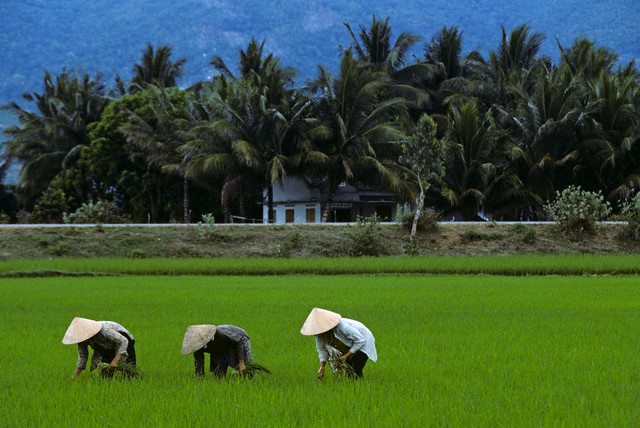
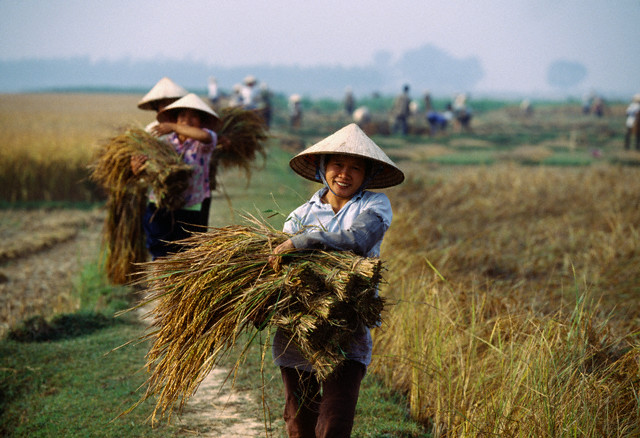
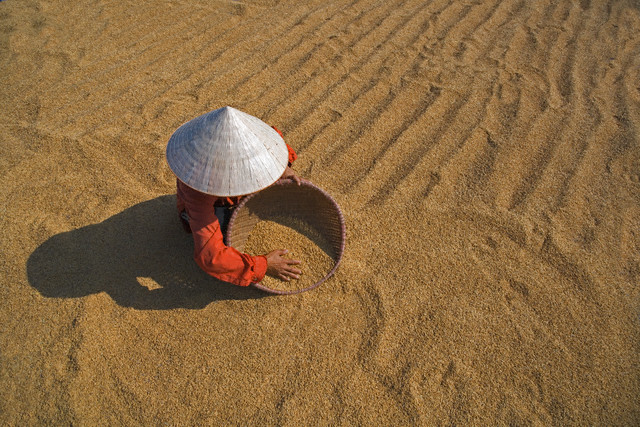
Agriculture
Farmers cannot fully cultivate land contaminated with bombs and mines and as a result, they can’t support their families. The situation is confounded by the fact that many of these farmers, especially in the remote mountainous regions, use the “slash-and-burn” agricultural technique to prepare the land for cultivation. This technique is environmentally damaging since new plots of land need to be deforested in order to provide more land for farming. Programs have been developed that teach farmers sustainable methods of cultivating land. These programs help farmers plant foods that are more nutritious, as well as cash crops that can be taken to the market and sold to provide money for their families. The overall effect is positive both on the farmers’ income and the environment. We also support helping communities as a whole, by building water wells and water purification systems.
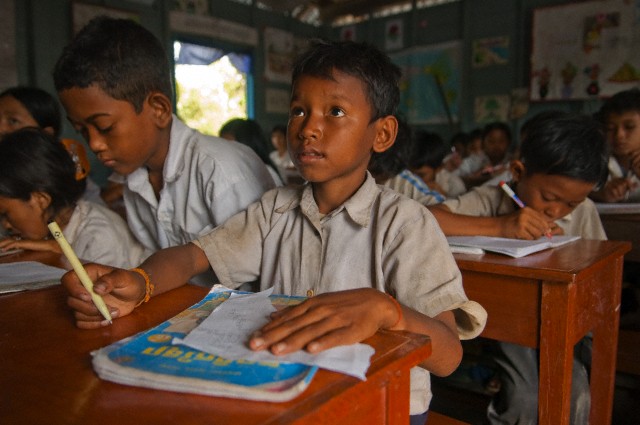
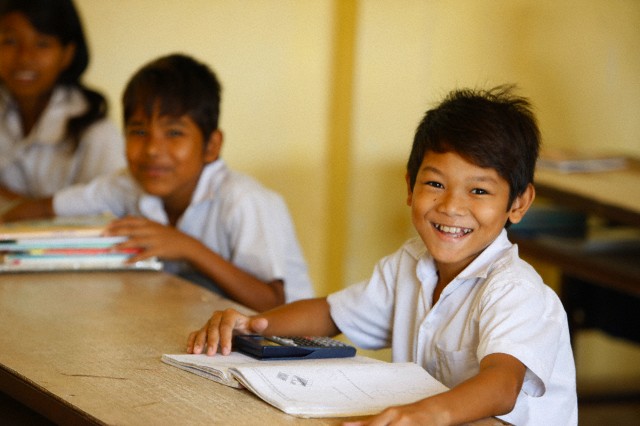
Education
Education is vital for all children, and every child should have the chance to go to school. Without a good education, they will be less likely to get a job and look after themselves and their families in the future. With fewer people in work and more people in need of support, they will struggle to prosper, holding their own countries economy back, which eventually has a global impact.
We work with NGO’S to support and deliver ERW education, which means that children know what ERW is, what it looks like and what damage it can do, so they are less likely to touch it. This has a flow on effect as the children pass this knowledge onto their familes and friends creating a pollination effect. The NGO'S we partner with are also building kindergartens, schools and libraries. These kindergartens, schools and libraries are built in some of the poorest and most remote regions of South East Asia. Locals are trained as teachers and teachers aids, meaning sustainabilty of the community. The children benefit greatly from the opportunity to learn and this has a flow on effect within their villages and their countries as a whole. Most importantly, as previously mentioned children who attend these kindergartens and schools also learn early on, the dangers of explosive remnants of war and are less likely to become innocent victims.
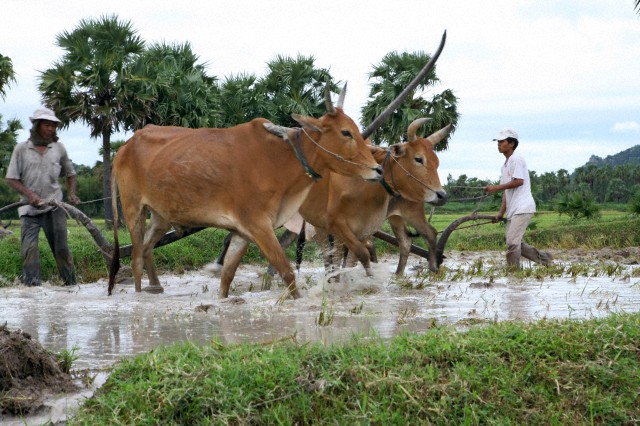
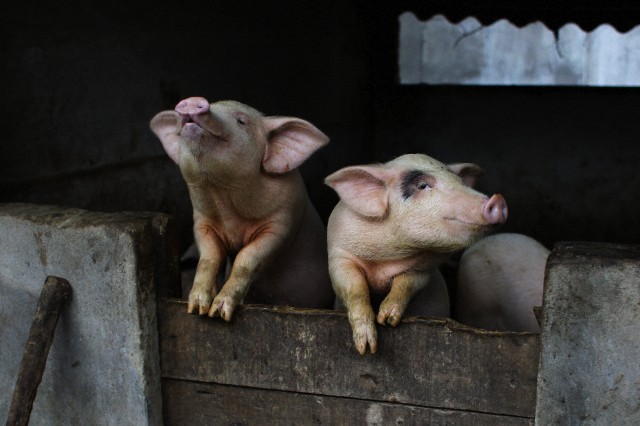
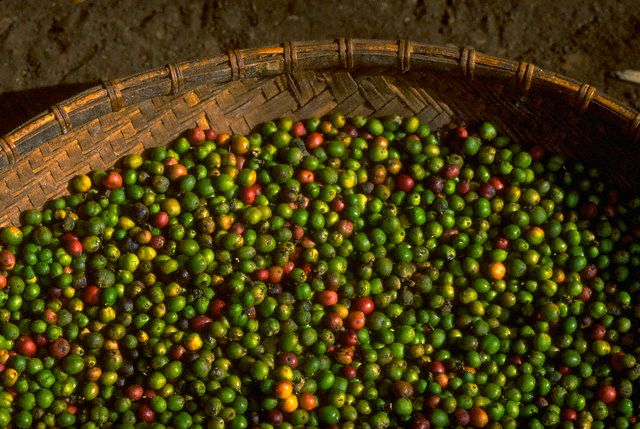
Socio-Economic
Explosive Remnants of War cause not only death and severe injuries they also cause economic devastation. They impairs people’s ability to engage in productive economic activities such as farming. To promote greater economic activity, micro-credit programs are being utilised. These program’s provide small interest free loans to victims and their families, which allows them to create small business enterprises such as tailoring and family-centered income ventures based on animal husbandry, including pig, chicken and goose farming. The program empowers people by teaching them valuable skills, allowing them to sustain an income, and become active decision makers in their community and their future. For $100.00 you can provide a no-interest micro-credit loan to allow a victim to purchase livestock or seed crops, which mean they can not only feed their family they can also earn money from it.
We also work with our partners to provide victims and their families with direct aid and scholarships for children. This includes funding for the initial medical treatment, as well as long term support through prosthetics, wheelchairs, and housing accessibility ramps. Nutritional, economic, and educational support is also provided to families of victims, including helping rural families purchase livestock for food and income generation. One of the most important means of assistance is the educational scholarships. Once a child or a family member is injured, it is extremely difficult to recover economically and afford schooling. To help children remain in school, scholarships cover full tuition, uniforms, books, and additional administrative fees that these families would otherwise be unable to afford.
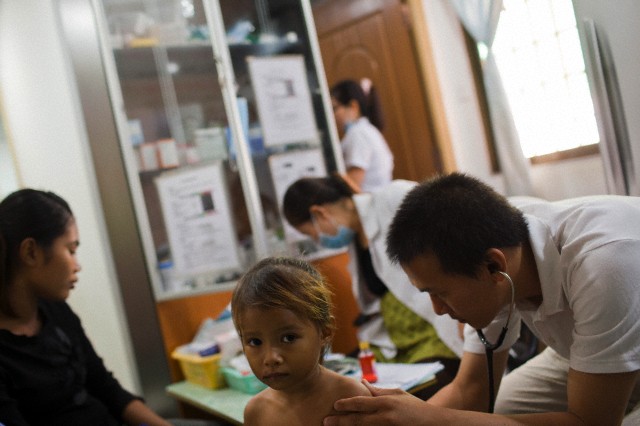
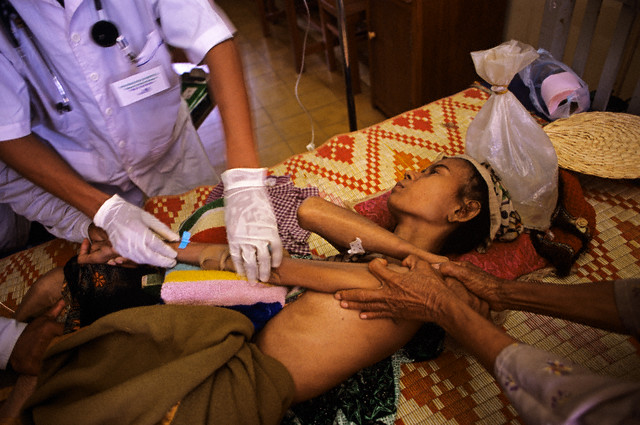
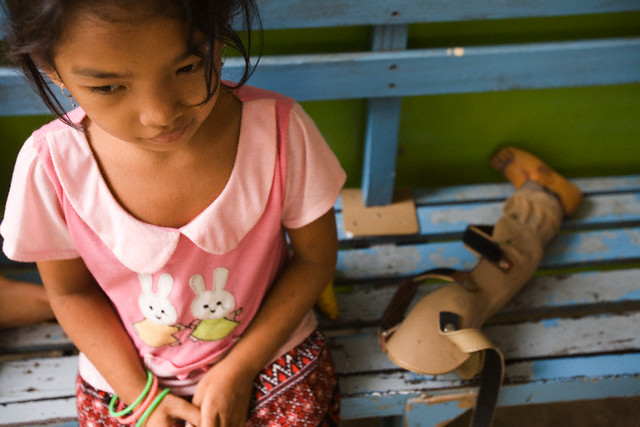
Health
Often people residing in remote villages and communities of South East Asia don’t have access to basic medical care or treatment, to rectify this issue we actively support the NGO’S we work with in the establishment of medical centers to provide treatment to those who need it. Sustainabilty is a key factor to these medical centres, so locals are trained to not only work in, but actively run these centres, which means not only do locals gain new skills, but that future genrerations will have access to and benefit from the centres. These medical centers are cost effective and provide live saving care to people who would otherwise not have access to it.

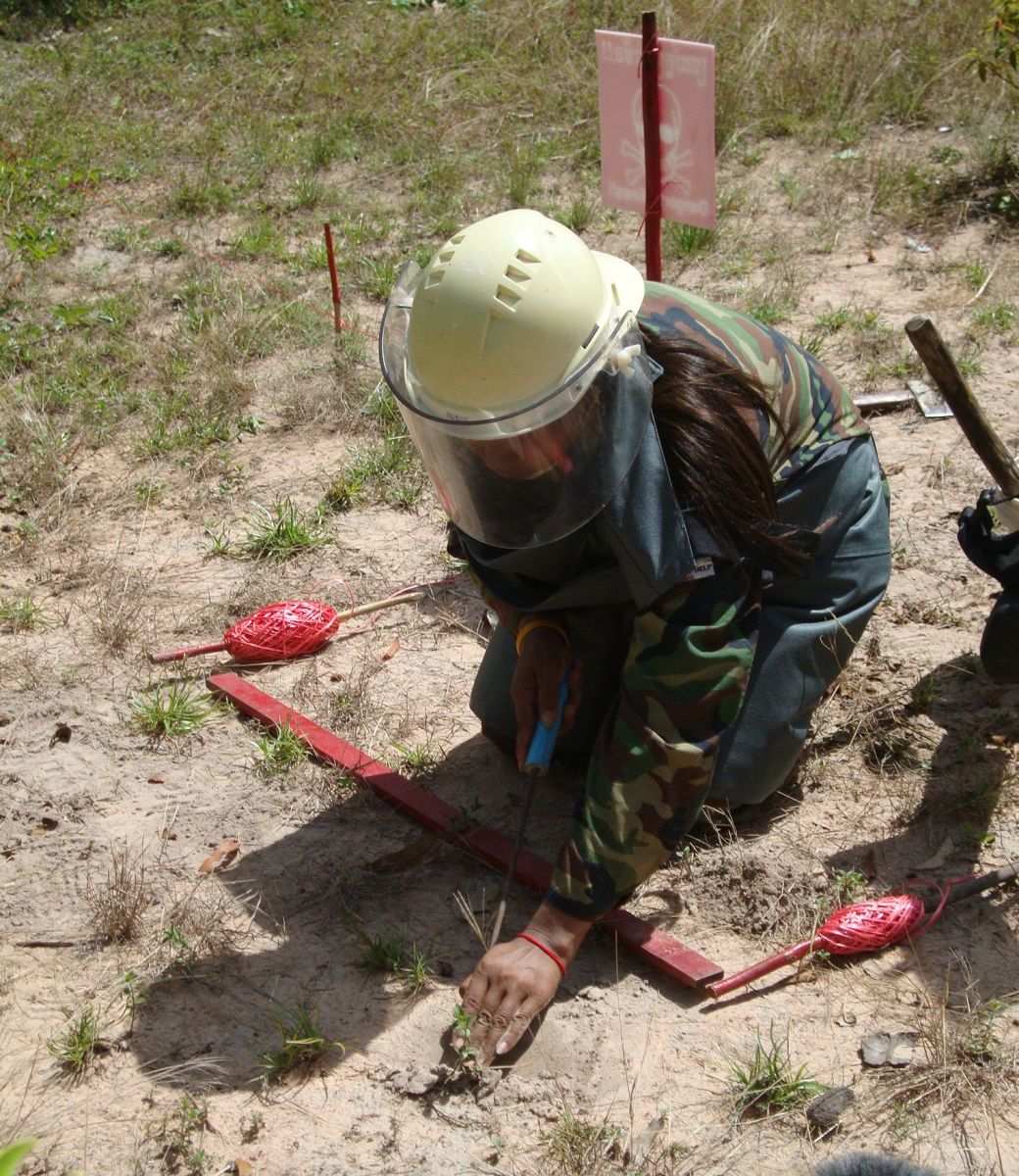
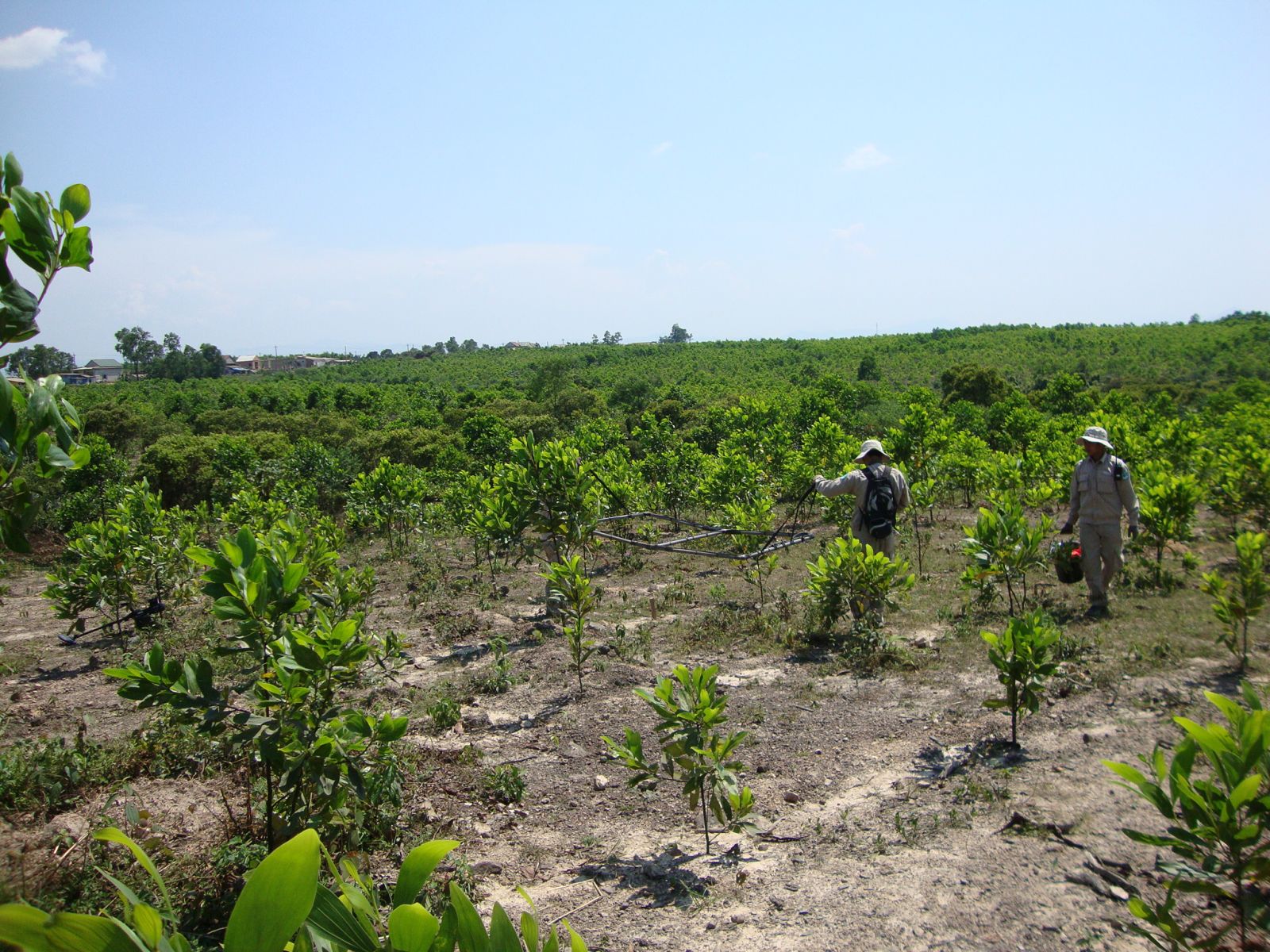
.JPG)
.JPG)
